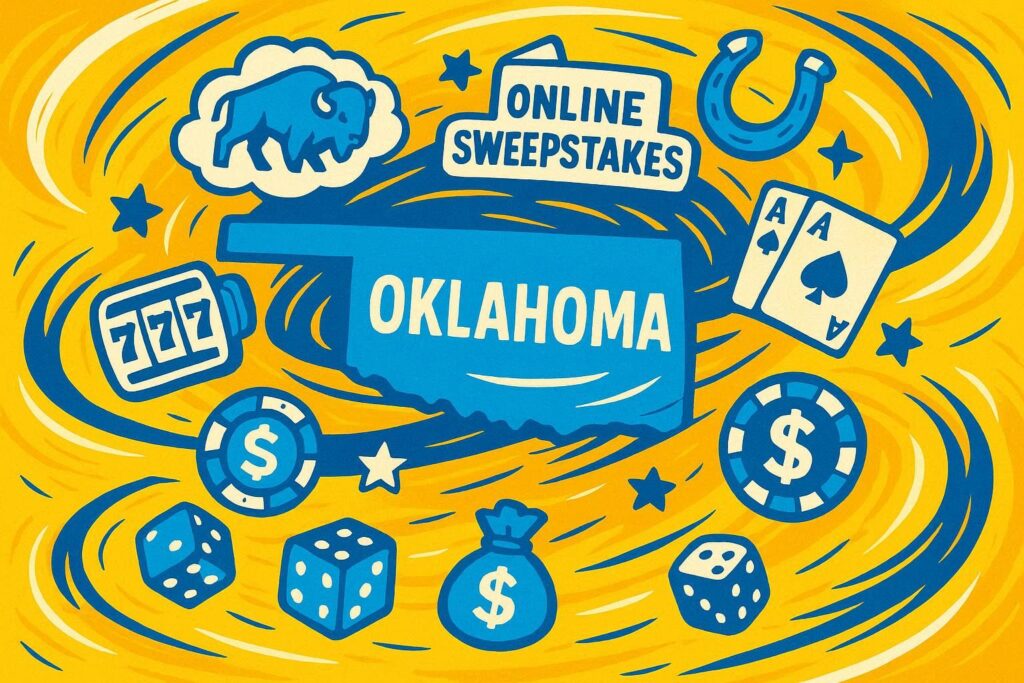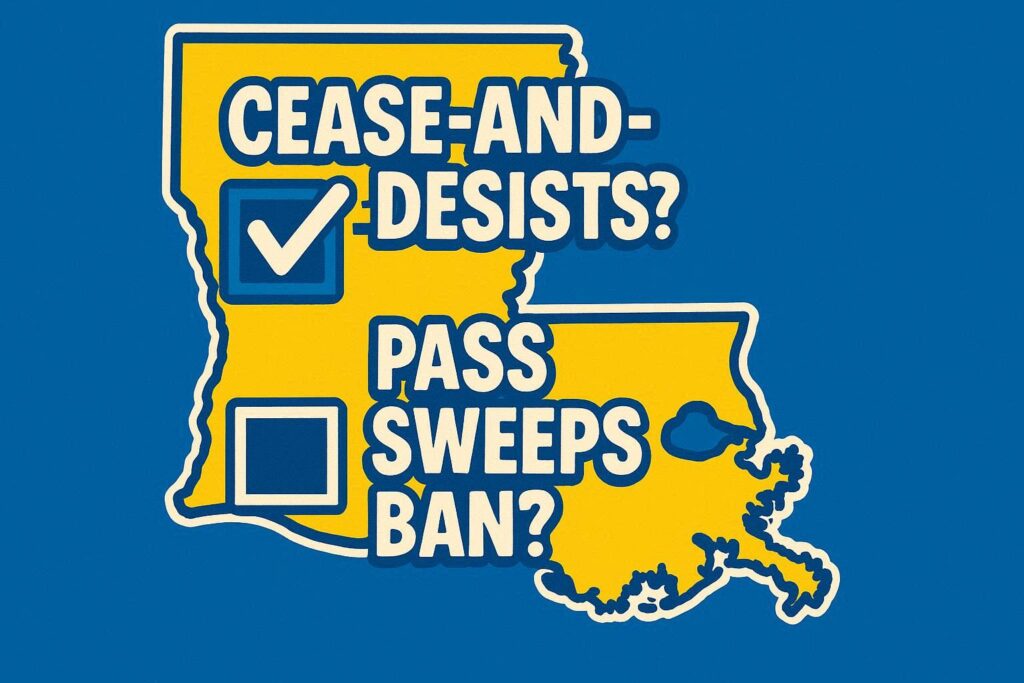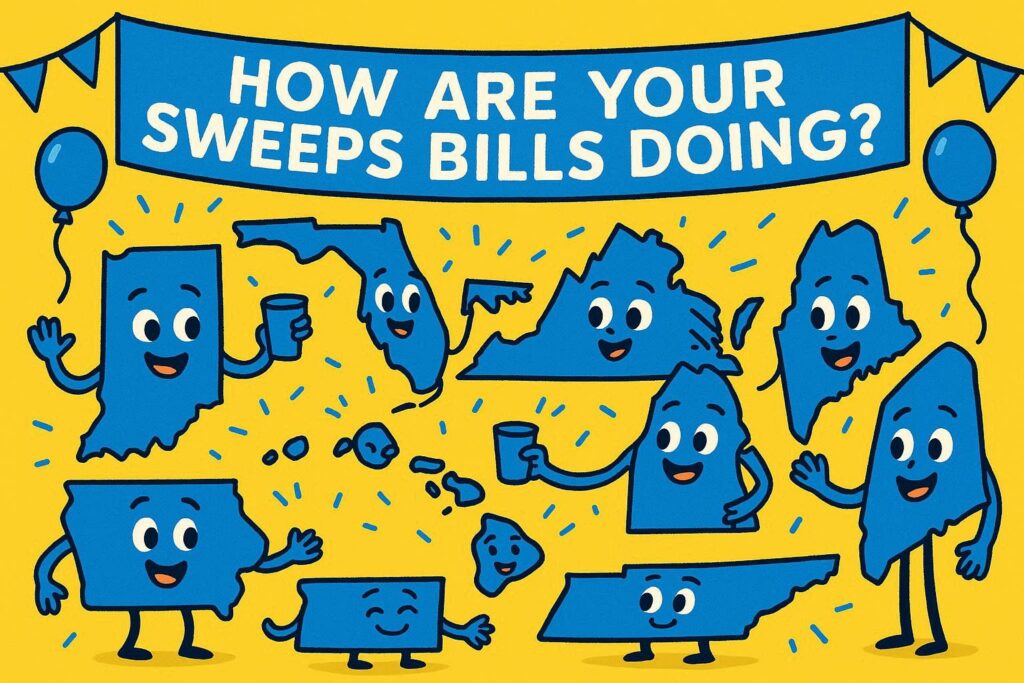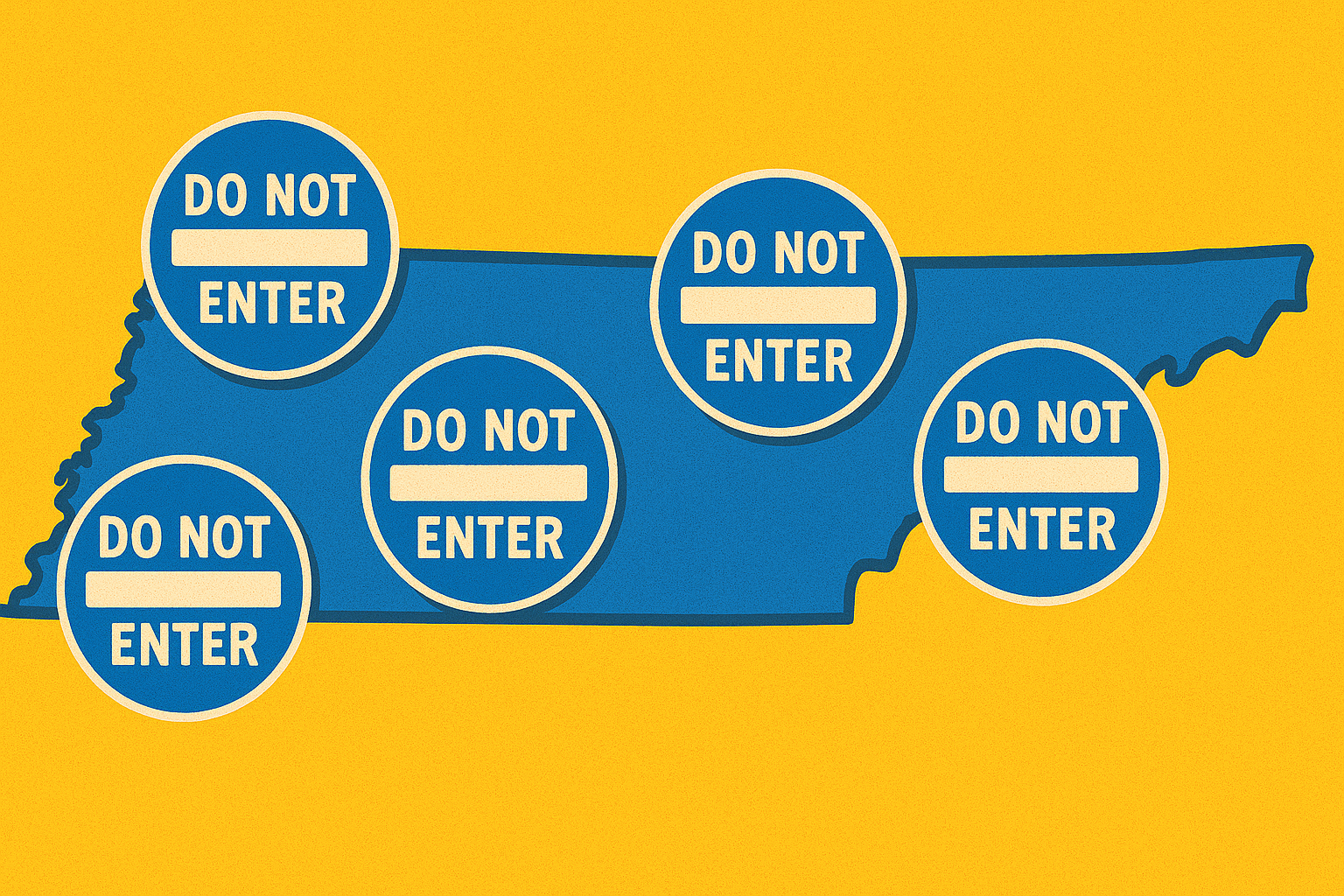The Nevada Legislature has passed a bill that arms the state with stricter enforcement capabilities against what it deems unlicensed gambling operators. And, in Nevada, online sweepstakes casinos are among that group, along with offshore betting sites.
Senate Bill 256 received unanimous, 42-0 approval in the Nevada Assembly on Thursday. That came a little more than a month after it got unanimous clearance in the Senate on April 7.
It now heads off to Gov. Joe Lombardo for his signature or veto. If he does veto, SB256 returns to the Legislature where it needs two-thirds majority in both chambers to overturn the governor’s rejection. But, given the unanimous approval in the Senate and Assembly and Nevada’s culture of widespread support for its gambling industry, expect Lombardo to sign SB256.
What does Nevada SB256 say?
First of all, SB256 doesn’t say anything explicitly about online sweepstakes casinos. But the language it does change impacts the industry.
The bill makes two key changes to Nevada’s punishments for unlicensed operators.
- One, it allows the state court to order any unlicensed operator to pay “any profits, gain, gross receipts or other benefit” from its Nevada operations back to the state, and that money would be deposited in the General Fund. Translation: Give us our money back.
- Two, it increases the penalty for any person who facilitates illegal wagers via an unlicensed operator from a misdemeanor to a gross misdemeanor, which is punishable by up to one year in jail.
“With the rise of online gaming apps, we’ve seen an increasing number of unlicensed platforms operating in the shadows accepting illegal wagers, engaging in fraudulent practices, and profiting outside the bounds of our regulatory framework,” Nevada legislative intern Janice Wong said at SB256’s Senate committee hearing in March. “These bad actors not only undermine our legal gaming industry but also put our consumers at risk.
“This bill ensures that everyone plays by the same rules. Accountability is important. If an online gaming app engages in illegal activities, they should not be allowed to profit from it. This bill sends a clear message: If you operate illegally, you will be held accountable.”
The Social and Promotional Games Association has always been quick to point out the difference between sweeps casinos and offshore betting sites, most notably the former’s commitment to responsible gaming measures.
“The SPGA continues to call for fact-based policymaking and smart, balanced regulation that protects consumers, supports innovation, and allows millions of adult Americans to continue to enjoy free-to-play sweepstakes games safely and legally,” an SPGA spokesperson told Sweepsy. “SPGA members are committed to responsible gaming and transparency. They adhere to a strict Code of Conduct and utilize top-tier regulatory compliance measures, including advanced age verification, KYC, location verification, and AML technologies.”
Why sweeps gaming is considered gambling in Nevada
Nevada has an extremely broad definition of gambling. And this is by design.
That way, lawmakers can create a huge umbrella under which it can classify unlicensed gambling operators in order to provide as much protection as possible to the state’s retail casino industry, which, in turn, fuels Nevada’s tourism industry.
It’s easy to see why lawmakers are so protective: Altogether, tourism accounts for about 37% of Nevada’s total economic output, contributes 22% of all wages and salaries, and supports 28% of the overall workforce, per the Nevada Resort Association.
So, here’s what a gambling game is in Nevada, according to state law:
“Any game played with cards, dice, equipment, or any mechanical, electromechanical or electronic device or machine for money, property, checks, credit, or any representative of value.”
Representative of value is where sweeps operators come into play.
Sweepstakes casinos use a dual-currency system. One currency, often called Gold Coins, has no redeemable value and can only be used in the site’s games. The other currency, often called Sweeps Coins, can be redeemed for cash. Thus, representative of value.
(Although Nevada law goes on to define “representative of value” as “any instrumentality used by a patron in a game whether or not the instrumentality may be redeemed for cash” — so, theoretically, Gold Coins would be included in that too, meaning social casinos that have no sweepstakes platform would also be unlicensed operators in Nevada.)
Nevada regulators have also stipulated three factors to check when considering if an activity is gambling:
- Consideration – The player must put something of value at risk.
- Chance – The game’s result is random.
- Prize – The player can win something of value.
If Sweeps Coins are considered something of value, all three gambling boxes are checked in Nevada regulators’ eyes.
Because of all this, you generally won’t find any reputable sweepstakes casinos operating in Nevada. VGW, the sweeps behemoth that owns Chumba Casino, LuckyLand Slots, and Global Poker, for instance, announced in December 2024 that it would pull out of Nevada by April 2025.
Status of current sweeps bills
So now, of the 12 states that have considered bills targeting sweeps casinos, two have been successful.
Sweepstakes gaming was banned as part of Montana Senate Bill 555, which was recently signed into law by Gov. Greg Gianforte, and now Nevada’s SB256 has passed both chambers of the state legislature.
Bills failed to pass in Arkansas, Mississippi, Maryland, and Florida.
A bill in Louisiana is one step away from full passage in the Legislature.
Bills in Connecticut and New York are still active but running out of time.
And bills in New Jersey and Ohio (the latest state to introduce a bill outlawing online sweeps gaming) have until Dec. 31, 2025 to pass.









